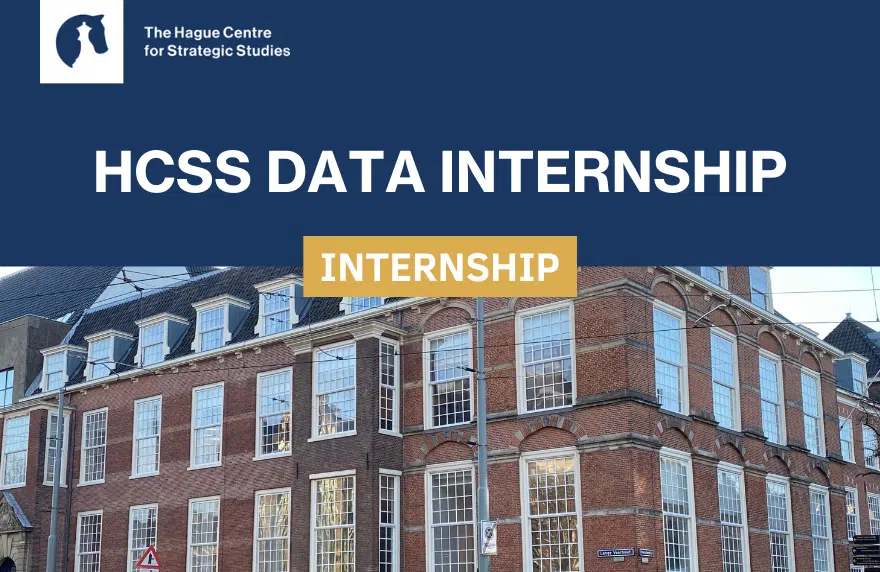With more and more data being available and systematically collected, strategic analysts and data scientists work together at HCSS to create unique insights across international relations, political science and policy formulation. These insights can be made accessible to policy-makers through interactive and tailor-made visuals. This is where the HCSS Datalab comes in.
The HCSS Datalab allows you to model complex phenomena, quantify and compare the impact of decisions, and understand risk. Thus, The HCSS Datalab’s analytical capabilities are relied on and inform the decision making of hundreds of organisations.

The HCSS Datalab uses data in three ways:
- To create insights for policy makers by providing them with interactive dashboards.
- To develop policy intervention models that immediately provides policymakers with effective interventions.
- To create predictive models to forecast shifts in various geo-political phenomena.
Data can be used for more than visuals and analysis. Artificial intelligence has revolutionized data analysis through predictive modelling. Predictive models can be useful for policymakers to prepare for the future and act on these predictions. But to understand how policy makers can most effectively intervene the HCSS Datalab seeks to uncover the causal dynamics at play, using causal modelling, where we look not only at correlations but the influence of one event on another.

Think about the correlation between shark attacks and ice cream sales. Both are likely to happen at the same time, but not because one causes the other. They might happen simultaneously because people eat ice-cream and go surfing when the sun is out. With predictive models you may very well predict the number of shark attacks based on the number of ice cream sales, but it would be hard to reduce shark attacks by making a policy based on the ice cream sales. In order to prevent shark attacks a policy maker should have more insight in the causal relations involved.
As the world around us becomes more data-driven, policy-making should also reap the benefits of the latest data technologies. At the HCSS Datalab we use dashboarding, predictive modelling and causal modelling to make future policy-making more data driven.
Because there’s nothing more difficult than making strategic decisions without having access to all the facts.
Watch the full video with Maarten Vonk:
Video pitch by Assistant Analyst (PR & communications) Alessandra Barrow




